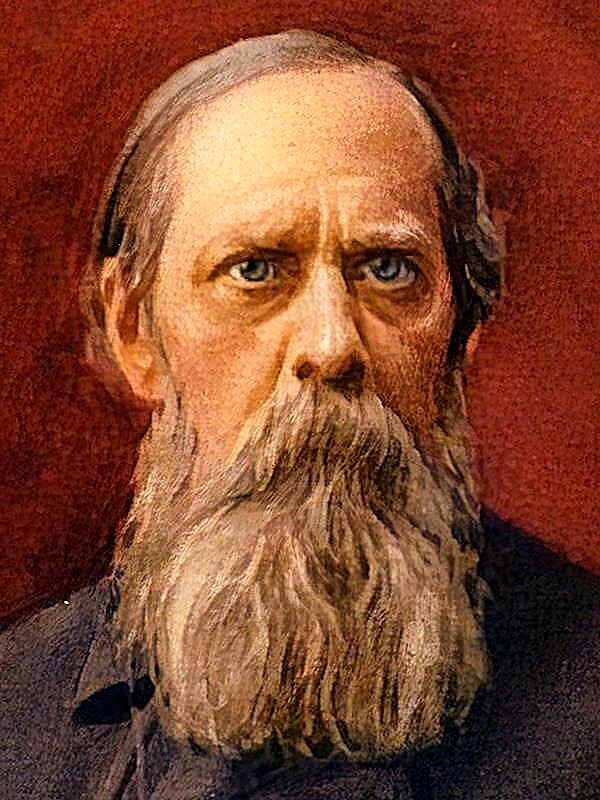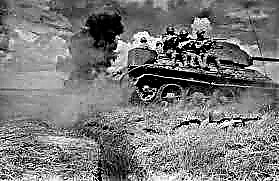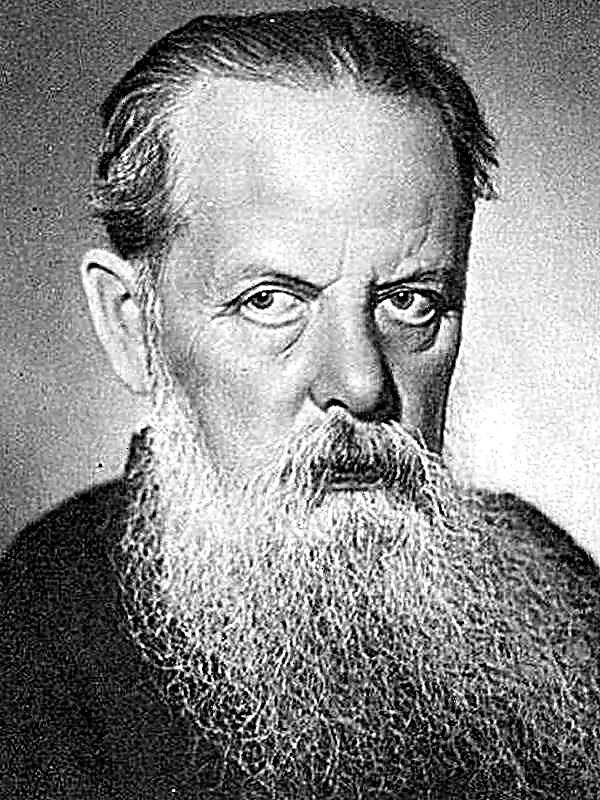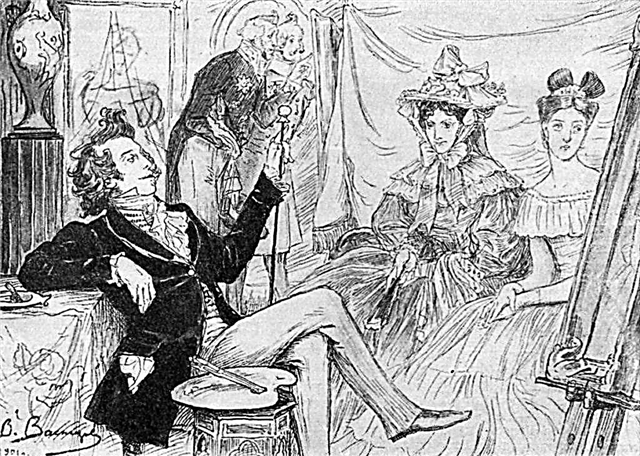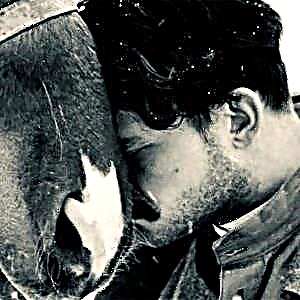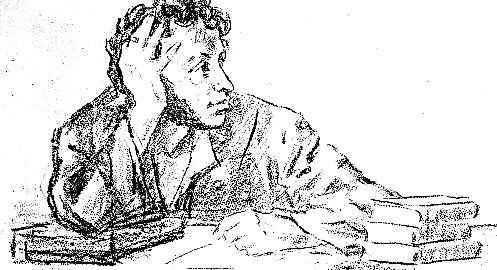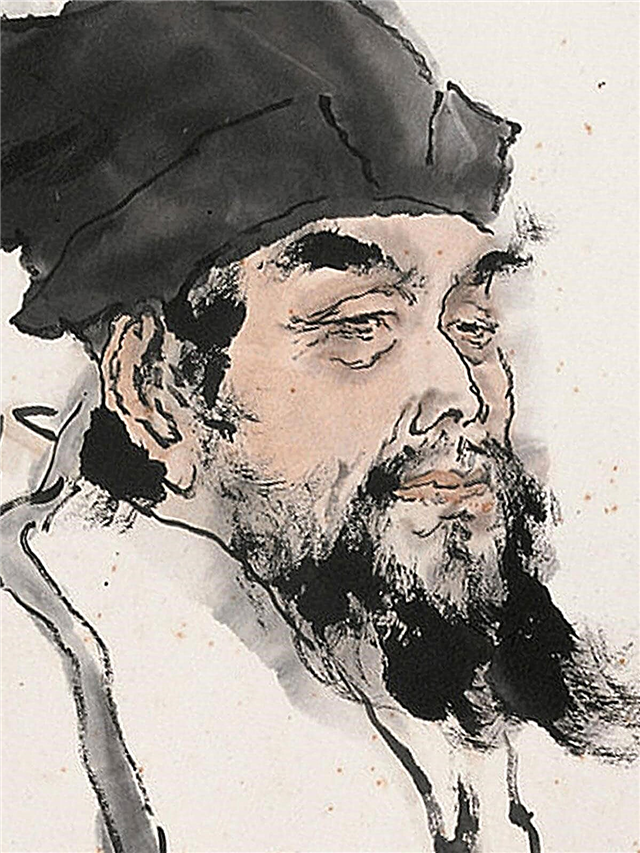(283 words) Savelich is far from the main character of Pushkin’s novel, but his role in the story is very important. The servant more than once helps an inexperienced master to preserve life, health and honor. In some episodes, he even “promotes” the plot and makes significant adjustments to it. So what kind of person is this, and why does the author give him so much attention?
Arkhip Saveliev has been “following the master” since his childhood. He is a serf, he was allowed to enter the manor house because of a sober lifestyle that the rest of the men did not differ. At the time of our acquaintance with him, the hero is in old age, but does not lose his grip. Peter calls him “money and linen and deeds”, and the old man complains that he did not manage to block the owner’s chest from the sword of the dishonest duelist Shvabrin. Thus, old age does not prevent an honest servant from fulfilling his duties with dignity. Savelich's character is distinguished by such traits as stubbornness, thrift, kindness, and industriousness. He is not even afraid to condemn Peter's actions, carefully following the instructions of Grinev Sr., who entrusted his son to the cares of the peasant. Therefore, it is appropriate to talk about the exceptional honesty of Arkhip. He responsibly monitors the "lordly good", saying that he is "a bonded man." So he knows and values his place. He loves the young nobleman as his own son, constantly taking care of his condition. However, he has certain drawbacks: grouchy, suspicious, greed. Savelich’s “habit”, according to his master, includes a desire to bargain and argue. But the true nature of a devoted old man is shown to the reader when he throws himself at the feet of a rebel and offers his life in return for the life of the "lordly child". This act expresses all the wealth of the soul of a serf, faithful to his duty.
Many critics condemned the images of Marya and Alexei, but everyone agreed that Savelich was a brilliant “find” of Pushkin. This national character strikingly accurately conveys the power of the “Russian spirit”, which Alexander Sergeyevich sang in the Lukomorye.

